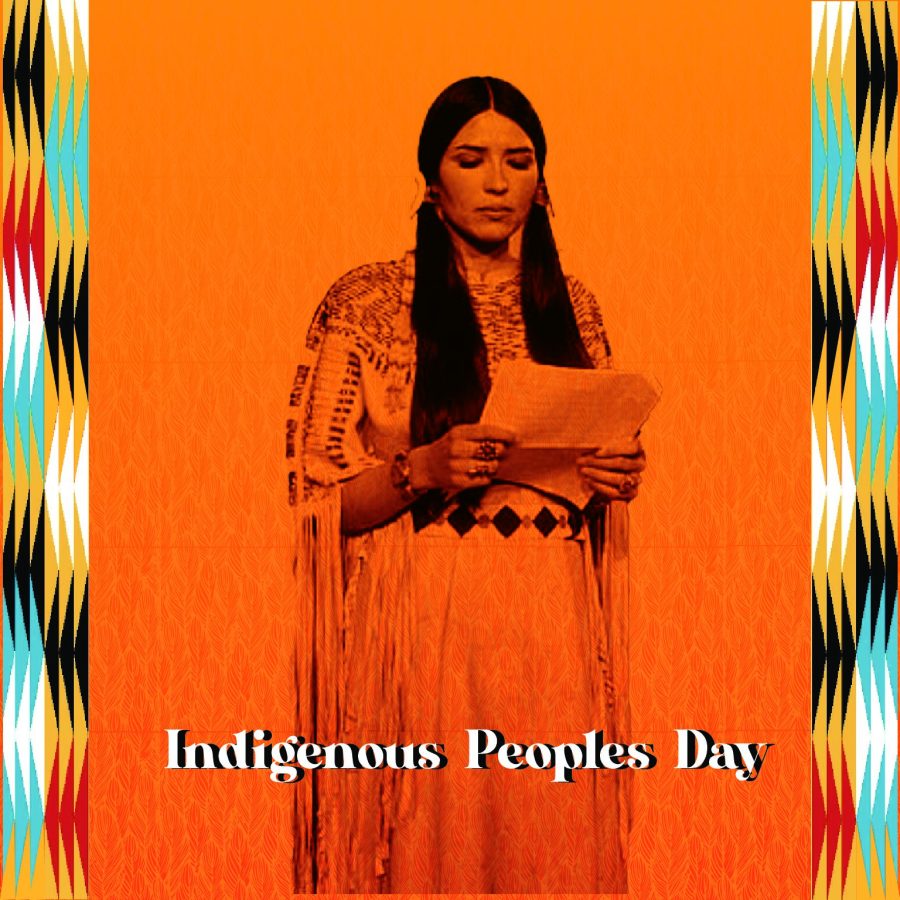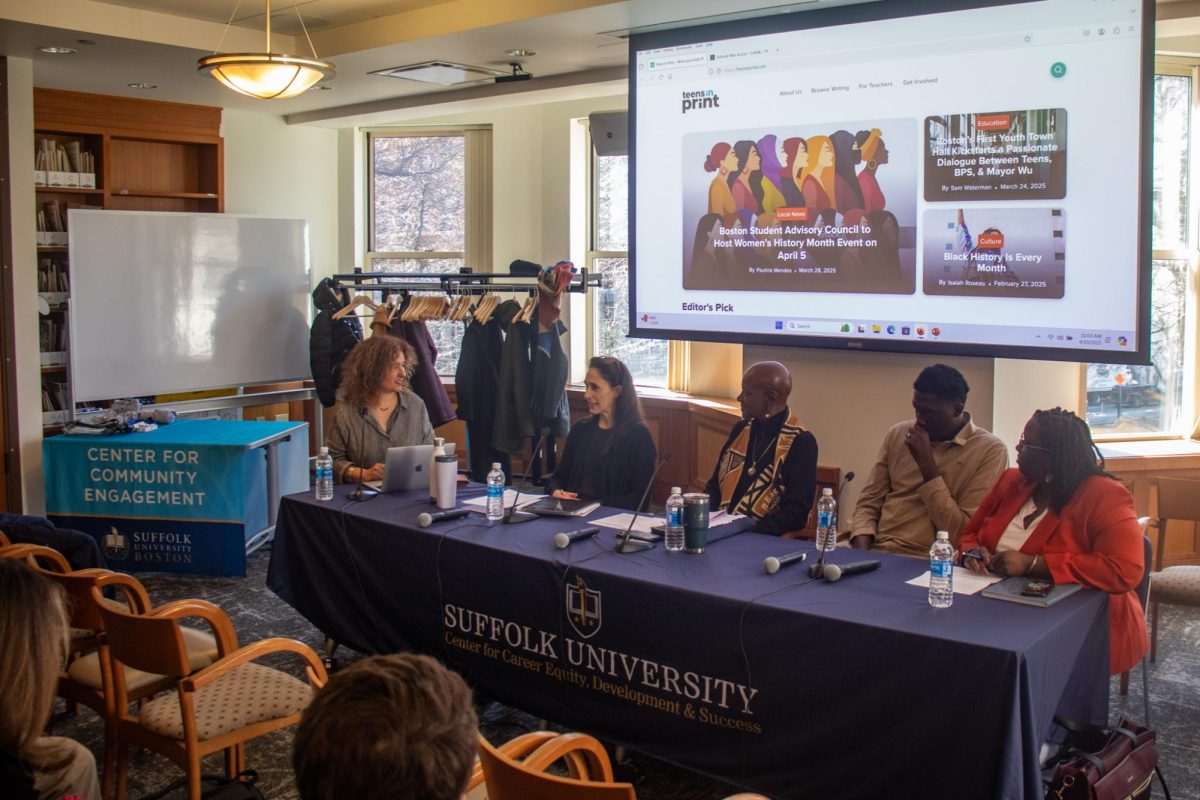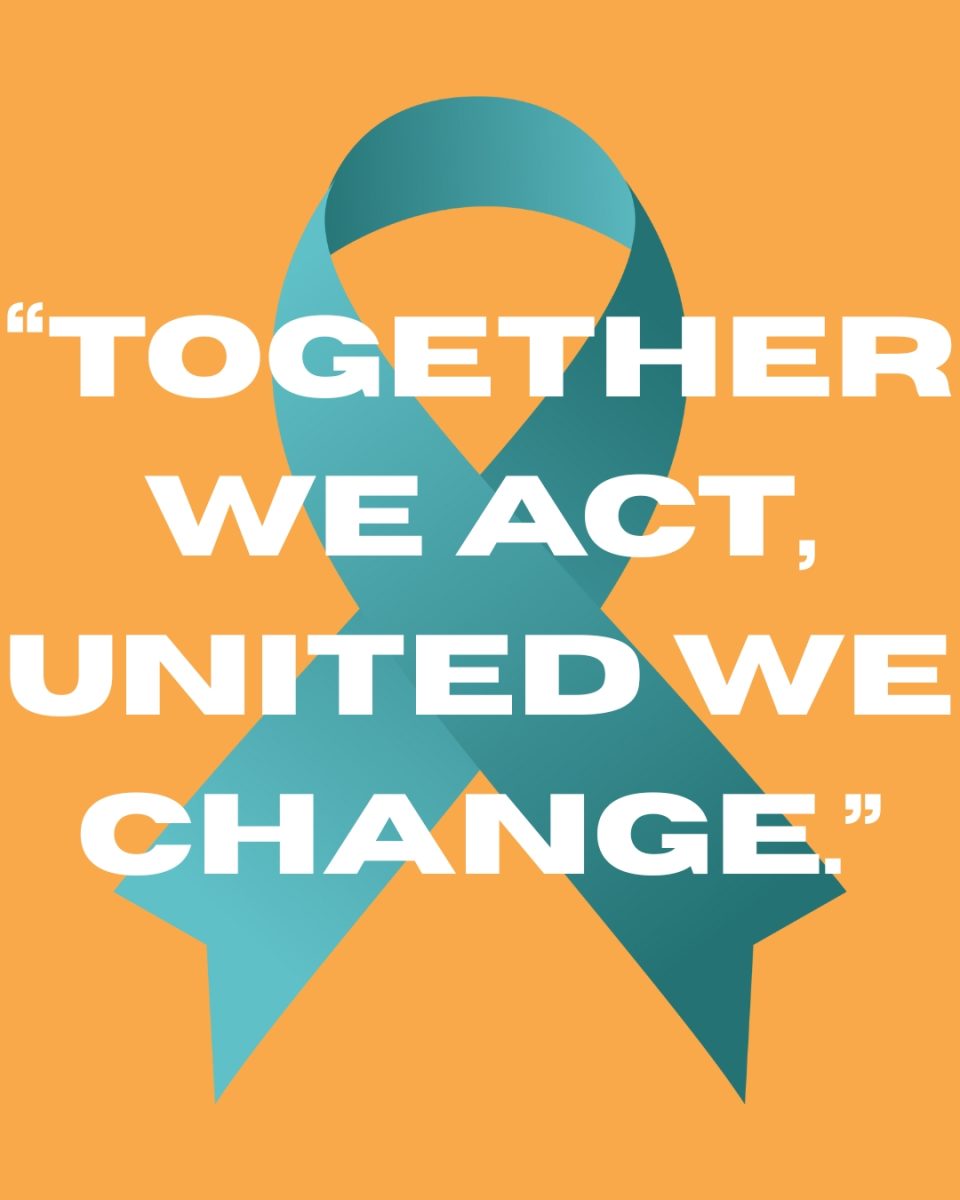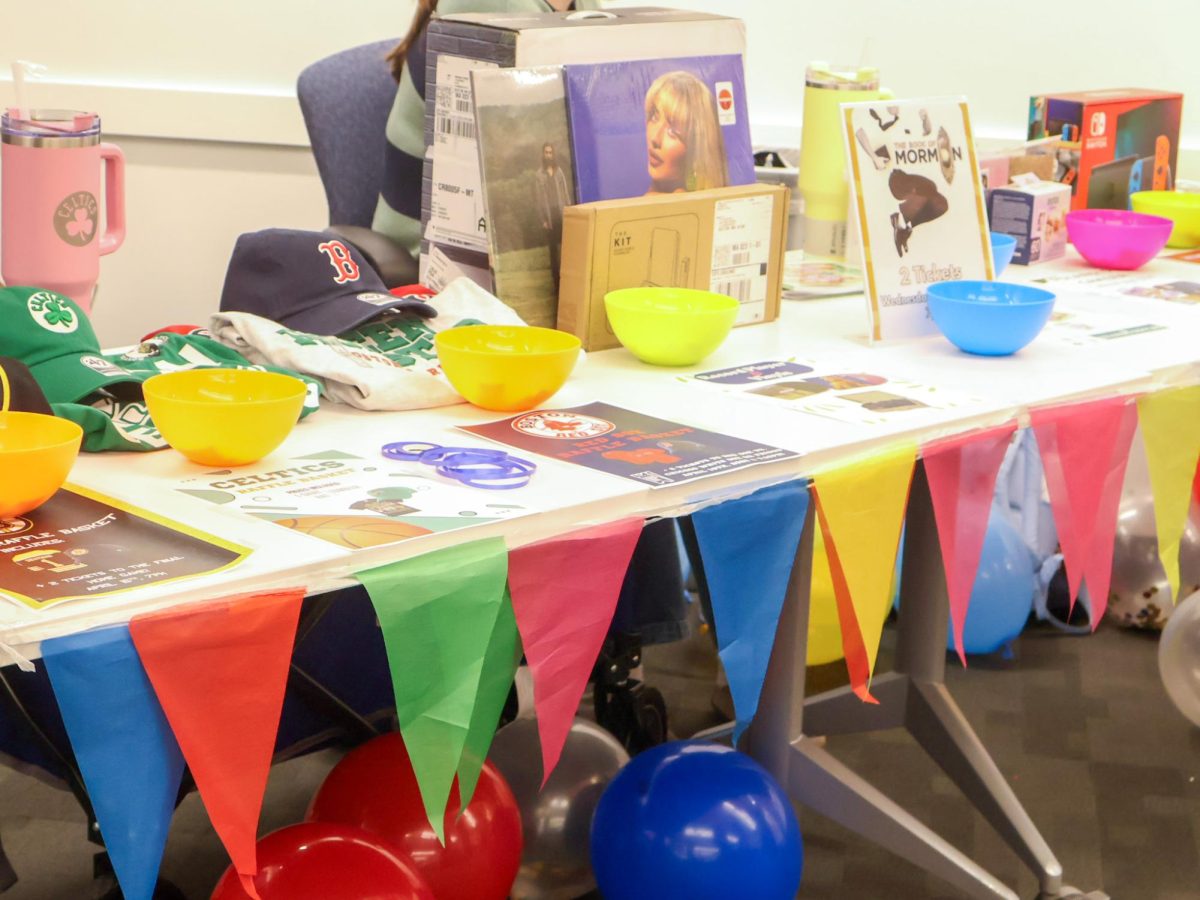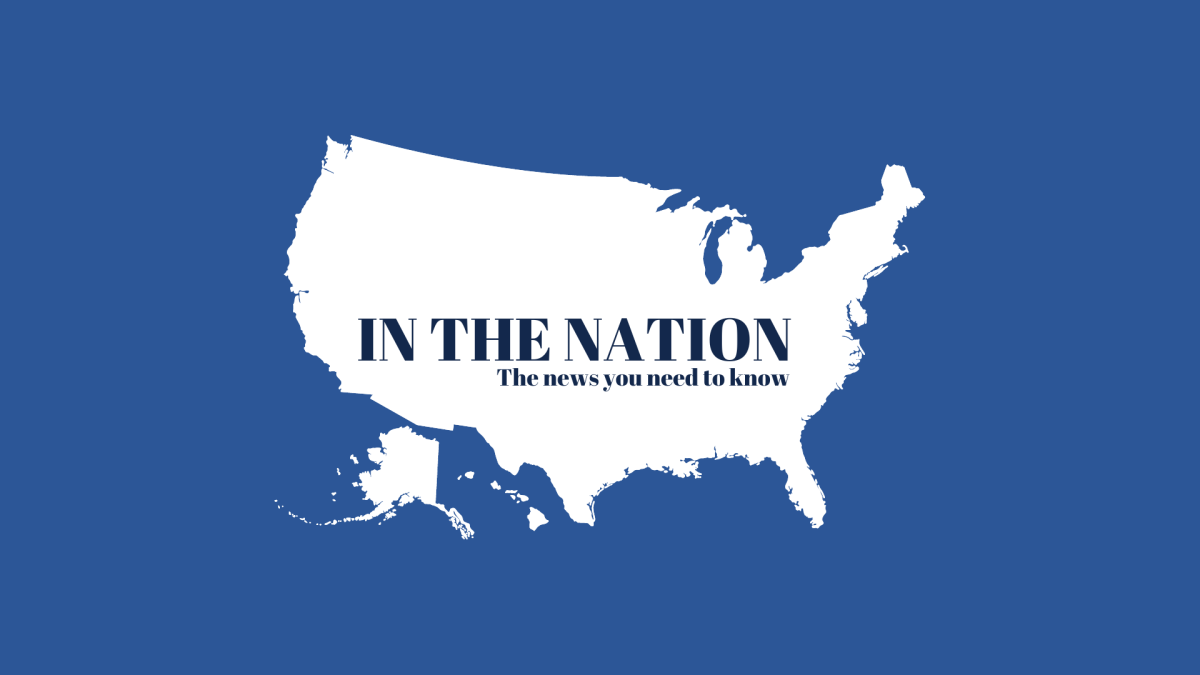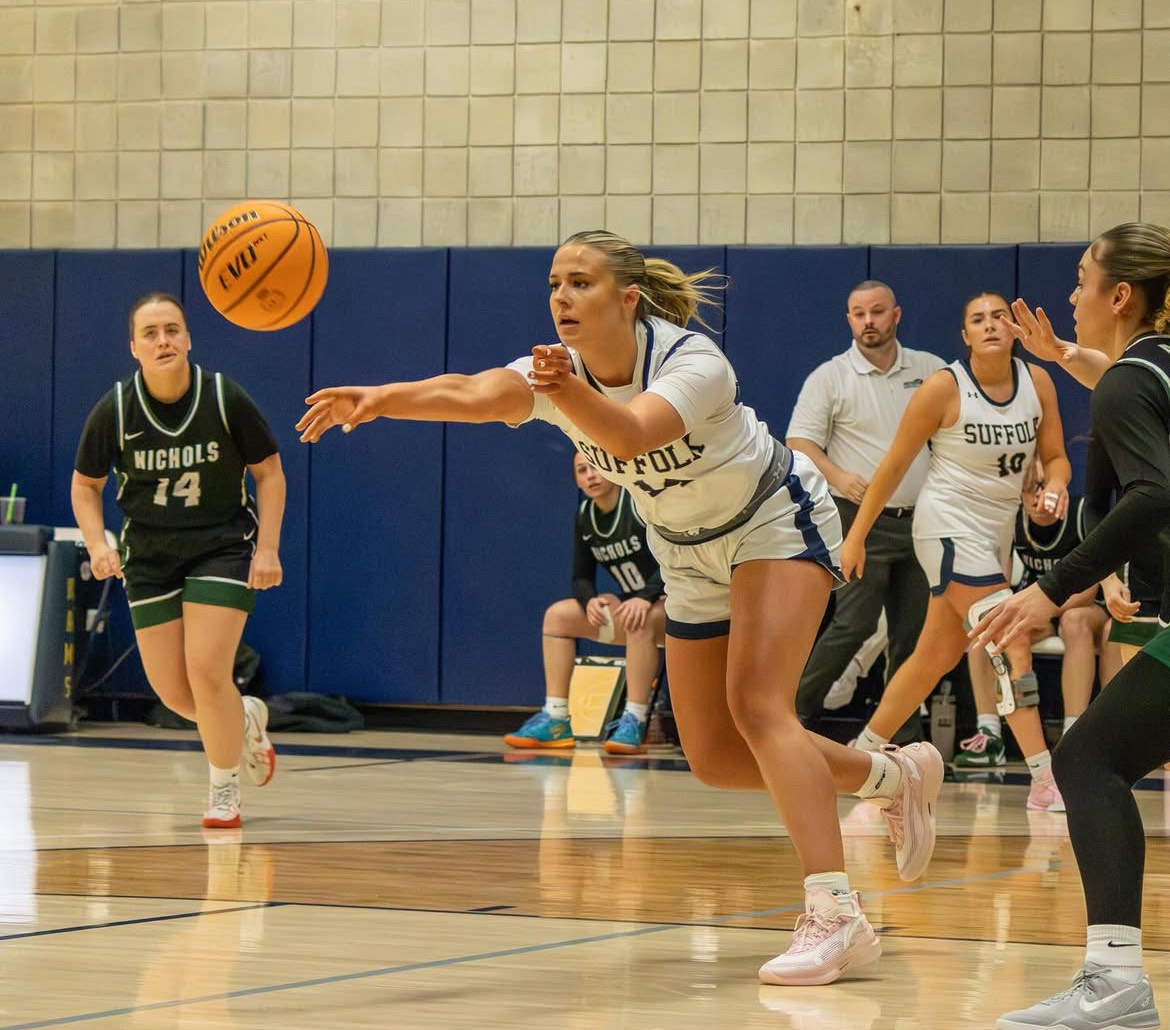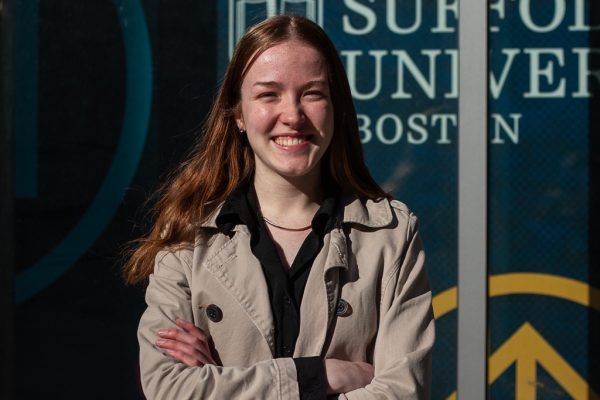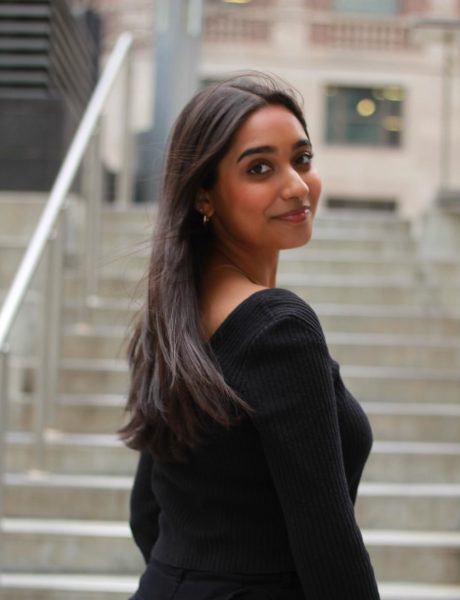Suffolk University closed on Oct. 10 for Fall Holiday, a name that left many students expressing disappointment with the University’s lackluster stance.
According to Suffolk Vice President of Communications Greg Gatlin, the University’s intention is to give students a day to reset heading into the second half of fall semester.
“The University began referring to its mid-semester day off as the Fall Holiday in the 2016-17 academic year. It had previously been referred to as Columbus Day. At that time, we made the decision to continue a practice of closing the University on the second Monday in October based on our observations that students and faculty needed a break and a chance to catch their breath in the midst of rigorous fall semester academic schedules,” Gatlin said in a written statement to The Suffolk Journal.
To many students, the day represents more than just an opportunity to catch up on schoolwork, something they feel is not encapsulated in the naming of the day.
“It feels dismissive to the people who have been fighting for decades to get Columbus Day changed to Indigenous Peoples’ Day…It’s out of character for the institution. Obviously changing Columbus Day to Indigenous Peoples’ Day won’t solve many indigenous issues, but I think Suffolk recognizing Indigenous Peoples’ Day would be a great opportunity for them to share resources and information that do send concrete help to native people,” Suffolk freshman Han Waltz said.
Despite the name of the day on the academic calendar, President Marisa Kelly shared a statement on Suffolk’s focus on acknowledging and honoring the past and resources for students to learn more about Indigenous culture and the history of suffering in Indigenous communities. In the statement to the Suffolk community, Kelly also recognized the day as Indigenous Peoples’ Day.
“This Monday, Indigenous Peoples Day, we have the opportunity to reflect on a history that is centuries older than the Granary Burying Ground—and that encompasses both the fundamental contributions that Indigenous communities have made to our society, and the violence, displacement, and forced assimilation they have faced,” Kelly said in the email.
In recent years, communities, both within Suffolk and beyond, have experienced a widespread reckoning of the history surrounding Christopher Columbus and Indigenous communities.
In Dec. 2021, Suffolk SGA passed a resolution to change the name of the day to Indigenous Peoples’ Day, coupled with former Boston Mayor Kim Janey signing an executive order recognizing the second Monday of October as Indigenous Peoples’ Day in Nov. 2021.
Nationally, President Joe Biden issued a proclamation in Oct. 2021 to establish the country’s observance of Indigenous Peoples’ Day. Despite this proclamation, Indigenous Peoples’ Day is not currently recognized as a federal holiday.
By continuing to refer to the holiday as Fall Holiday, many Suffolk students feel that the University is attempting to avoid confrontation.
“To see that Suffolk does not recognize this day as Indigenous Peoples’ Day or Columbus Day gives me the idea that they do not want to partake in any controversy surrounding a colonizer,” freshman Kate Patchell said.
Patchell, who is from New Mexico, also expressed her surprise at the differences surrounding the day in the two locations.
“We do not recognize Columbus Day. The holiday is called Indigenous Peoples’ Day, and despite the name, we do not treat it as a holiday there. It’s simply a day of mourning for Indigenous lives lost and disregarded due to colonial impacts,” Patchell said.
In Kelly’s statement to the Suffolk community, the President offered ways for students to further their understanding of the history and culture of Indigenous peoples, including a speaker hosted by the University.
“On Monday, October 17, at 12:30 p.m., we’re excited to welcome the actor, activist, and tribal mentor Annawon Weeden, who will talk on the Native history of southern New England in Sargent Hall’s 5th floor Commons,” Kelly said.
According to Gatlin, Suffolk will continue to focus on increasing education and awareness of Indigenous culture, as well as of the country’s dark past.
“We recognize the profound importance of Indigenous Peoples Day. We will continue to engage with Suffolk students to build more programs that promote awareness of the extraordinary contributions Indigenous people and communities have made throughout American history, and their resilience in the face of loss and violence,” Gatlin said.
Contrasting Suffolk’s academic calendar, several nearby schools, including Emerson, Boston University and Northeastern, all name Oct. 10 as Indigenous Peoples’ Day on their academic calendar for this year.
On Oct. 7, members of the community protested at the Boston Common to call on lawmakers to make Indigenous Peoples’ Day an official state holiday.
“We are asking everyone here to join us in a promise to our host tribes. A promise to support every effort by our host tribes, most importantly, to rematriate land and natural resources, cultural resources, human remains, everything that belongs to the tribes, make sure that goes back to the community of origin,” said Jean-Luc Pierite, president of the North American Indian Center of Boston leadership board, in an address to those attending the protest.
Follow Maren on Twitter @Maren_Halpin26


